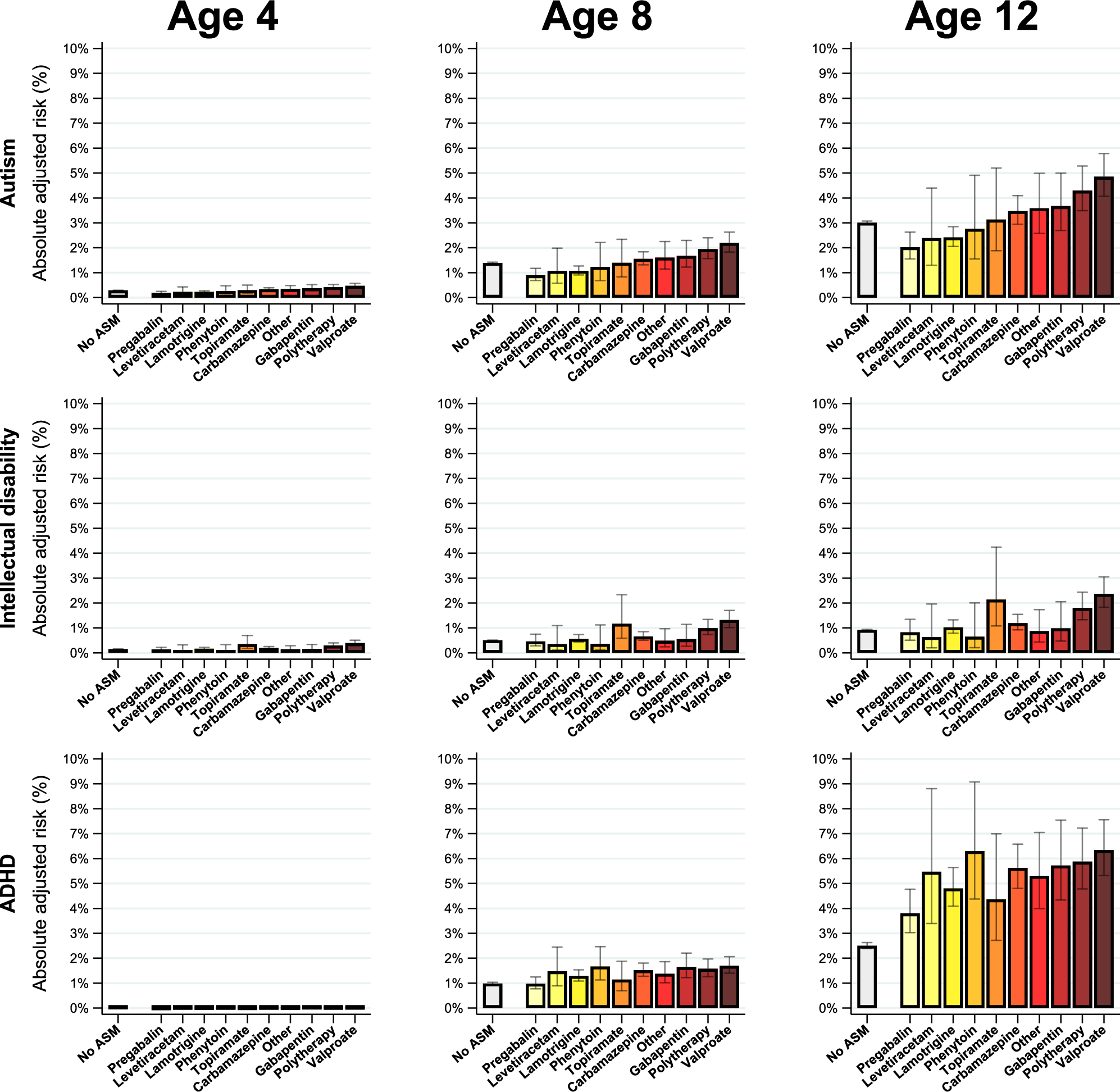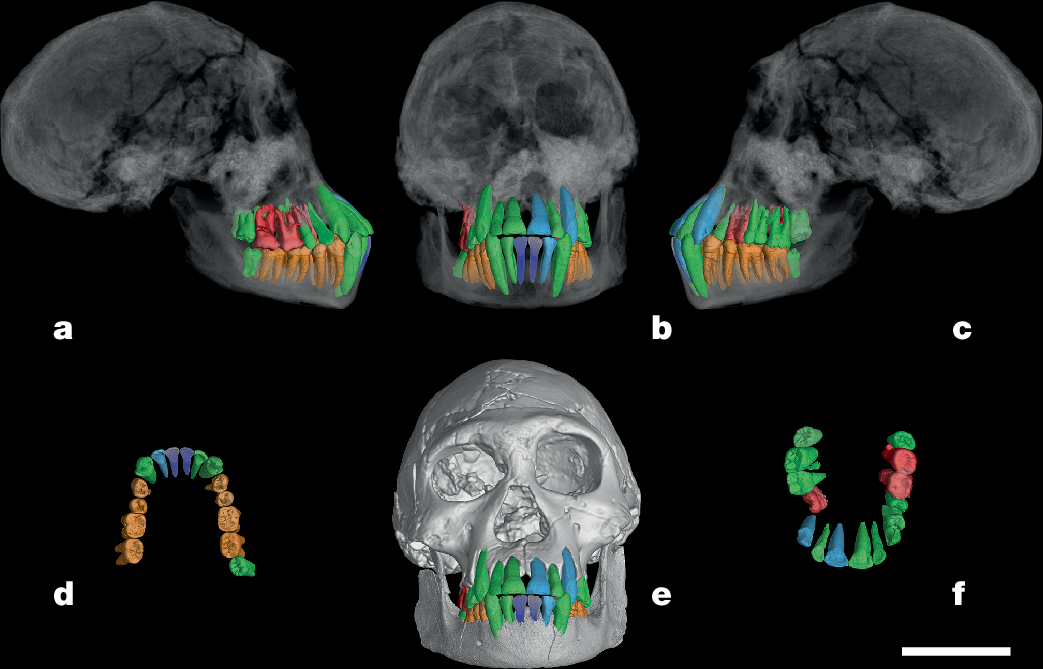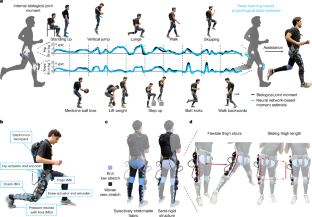2024-11-15 カロリンスカ研究所(KI)
<関連情報>
- https://news.ki.se/antiseizure-drugs-during-pregnancy-may-affect-neurodevelopment
- https://www.nature.com/articles/s41467-024-53813-1
妊娠中の抗痙攣薬の使用と子どもの神経発達結果 Antiseizure medication use during pregnancy and children’s neurodevelopmental outcomes
Paul Madley-Dowd,Viktor H. Ahlqvist,Harriet Forbes,Jessica E. Rast,Florence Z. Martin,Caichen Zhong,Ciarrah-Jane S. Barry,Daniel Berglind,Michael Lundberg,Kristen Lyall,Craig J. Newschaffer,Torbjörn Tomson,Neil M. Davies,Cecilia Magnusson,Dheeraj Rai & Brian K. Lee
Nature Communications Published:15 November 2024
DOI:https://doi.org/10.1038/s41467-024-53813-1

Abstract
The teratogenic potential of valproate in pregnancy is well established; however, evidence regarding the long-term safety of other antiseizure medications (ASMs) during pregnancy remains limited. Using routinely collected primary care data from the UK and nationwide Swedish registries to create a cohort of 3,182,773 children, of which 17,495 were exposed to ASMs in pregnancy, we show that those exposed to valproate were more likely to receive a diagnosis of autism, intellectual disability, and ADHD, when compared to children not exposed to ASMs. Additionally, children exposed to topiramate were 2.5 times more likely to be diagnosed with intellectual disability (95% CI: 1.23–4.98), and those exposed to carbamazepine were 1.25 times more likely to be diagnosed with autism (95% CI: 1.05–1.48) and 1.30 times more likely to be diagnosed with intellectual disability (95% CI: 1.01–1.69). There was little evidence that children exposed to lamotrigine in pregnancy were more likely to receive neurodevelopmental diagnoses. While further research is needed, these findings may support considering safer treatment alternatives well before conception when clinically appropriate.


